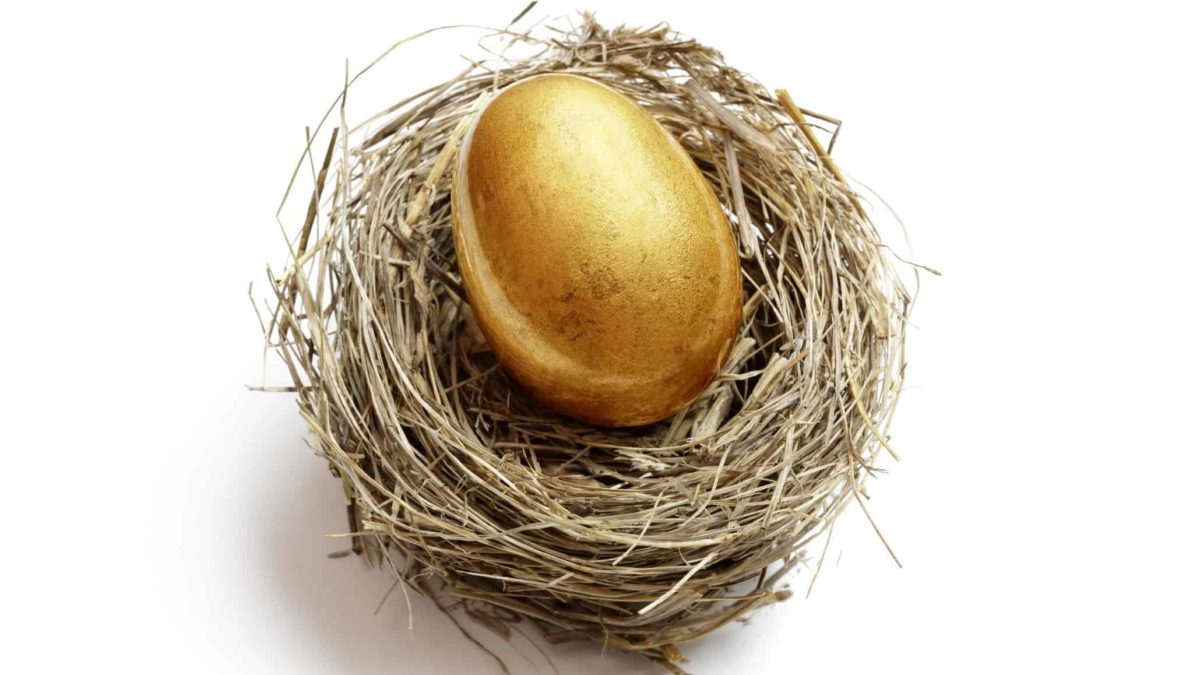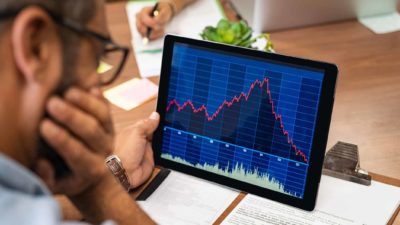Australians running self-managed superannuation funds (SMSFs) escaped from the share market in droves when the COVID-19 pandemic struck.
This means they likely sold as the market crashed, then missed out on the subsequent rally, which has seen the S&P/ASX 200 Index (ASX: XJO) gain 33% since 23 March.
The findings were shown in a Vanguard Australia study of 3,000 SMSF trustees on their investment priorities.
"Some 55 per cent of SMSF trustees took a more defensive stance and increased their cash and property allocations, driven primarily by a negative outlook on both domestic and international equities," stated Vanguard.
"Exposure to direct shares declined in line with the market sell-off in Q1 2020," Vanguard added.
Direct share ownership saw a year-on-year decrease of 4 percentage points in the average SMSF fund, to now hit 31% — a level not seen since the global financial crisis.
Getting sucked in by hybrid securities
But a real worry is where the money pulled out from shares has gone.
Hybrid securities, which are fixed-income investments but not actually defensive, have proven popular.
Vanguard Australia corporate affairs head, Robin Bowerman, said there seems to be a lack of understanding over which investments are truly defensive, commenting:
Hybrid securities do not provide the same level of safe-harbour stability, as high-quality bonds do, as they still have equity-like features, and in times of market stress may not provide true diversification across asset classes.
As ASIC warned in its May 2020 report on retail trading activity, investors are taking more risk in the fixed income space as a result of low interest rates and declining yields. For a better chance at securing steady retirement income and safeguarding returns in periods of volatility, SMSF trustees need meaningful portfolio diversification.
Reduced yields cause anxiety
The Vanguard study showed dividend yield expectations had dropped to 3.6%, compared to 4.8% prior to the arrival of COVID-19.
Bowerman said pension-phase trustees make up almost half the SMSF investor population, so that development would cause them tremendous stress. He stated:
These are very unsettling times with real concern about low yields and returns and how that will impact portfolio income.
Rather than focusing on an income-oriented strategy, a total-return approach – where an investor makes withdrawals from the full return of their portfolio – coupled with a spending strategy, can assist investors to take back control of their income stream.
Optimism abounds
Despite withdrawing from the equities market and worrying about reducing yields, SMSF trustees are surprisingly optimistic about a recovery.
Already SMSFs are keen to dive back into shares to nab capital growth.
"In the short-term, SMSFs show significant appetite to rotate back into equities with 37% of trustees willing to increase their allocation to Australian shares, and 23% to increase investment in international shares," Vanguard stated.
Fund trustees still have a strong inclination towards blue chip shares, and show significant interest in exchange-traded funds (ETFs) and international shares.
Vanguard went on to state, "The number of SMSFs with unmet advice needs continues to grow, with investment strategy review and pension strategy advice most sought after in these uncertain times."









